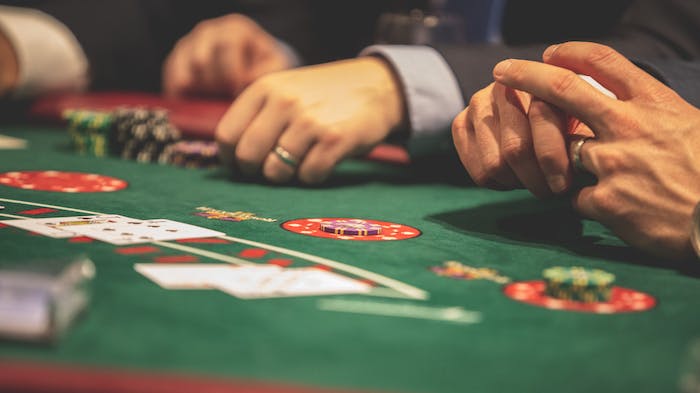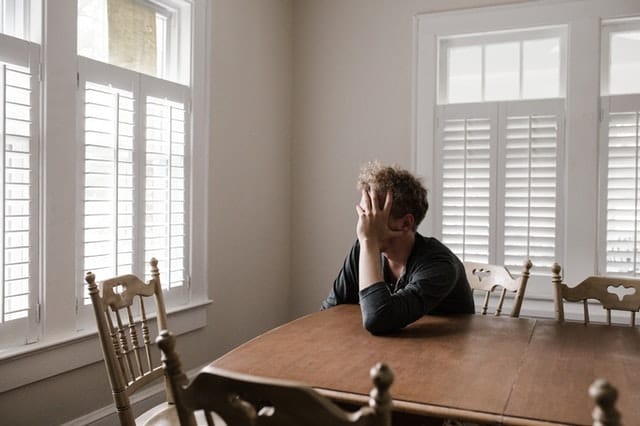A gambling addiction is when you have little or no control over the urge to gamble and is a type of impulse-control addiction.
If someone has a gambling addiction, they might be aware of the risks their gambling can have on themselves or others, but they are still unable to quit.
Their gambling addiction will usually escalate, turning into placing riskier bets and gambling more money.
There are many risks associated with pathological gambling, so it is best to start noticing the top signs of a gambling addiction today. [1]

It isn’t completely understood what causes a gambling addiction, however, compulsive problems can be due to a number of factors like biological, genetic and environmental.
While it isn’t known what exactly causes it, many risk factors might increase the chance of being a compulsive gambler. This includes: [2]

Gambling habits can have many long-term effects on your life, including:
It can sometimes be difficult to spot the signs of a gambling disorder, especially if the person is particularly secretive. [3]
It is a good idea to familiarise yourself with the common signs that someone might be a gambling addict.
One of the most common signs that someone is excessive gambling is that they are obsessed with gambling.
They might be completely occupied with thoughts of gambling and might not care about anything else.
If you have genuinely tried to stop gambling but find yourself physically unable to, then you could be a gambling addict.
Being unable to quit even though you want to is a key sign that you might have a problem.
If gambling has caused problems in your life such as a tough financial situation, relationship breakdowns or the loss of a job, but you are still gambling then you could have an addiction.
A gambling addiction can actually have similar signs to other addictions like a drug, or alcohol addiction and other substance use disorders.
When an addict is not gambling, they may feel stressed, depressed and restless. These are signs of emotional withdrawal when a person doesn’t feel happy unless they are taking part in a gambling activity.
If a gambler does not have the money to be able to gamble, they might steal or commit fraud in order to afford gambling.

Your loved one might have a gambling problem if they suddenly start owing large amounts of money or if they are asking you for money.
If someone has a problem with gambling, they might start lying about where they’re going or what they’re going to do. This is so they don’t have to tell you about their gambling issues.

Understanding that you or a loved one need help is the most crucial step for recovery.
Speaking to someone about the signs of a gambling addiction, and finding out what treatment there is from a health professional is a great next step.
You can even get residential treatment at a rehab for a gambling problem, or just individual therapy.
You might also benefit from going to self-help groups like GamCare or Gamblers Anonymous to be able to speak to other people with gambling problems or gambling experiences. [4]
This can all aid your journey to recovery.
For more advice on what treatment options there are for a gambling addiction, call Rehab 4 Addiction today at 0800 140 4690.
[1] https://www.ncbi.nlm.nih.gov/pmc/articles/PMC3004711/
[2] https://www.ncpgambling.org/help-treatment/faq/